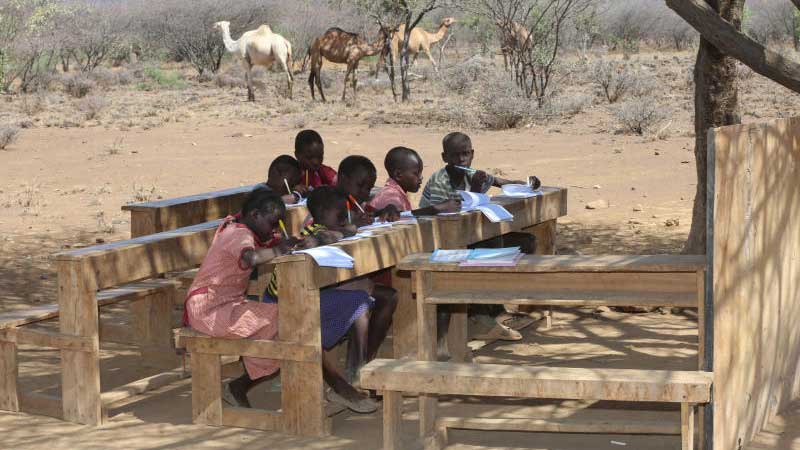×
The Standard e-Paper
Kenya’s Boldest Voice

Teachers unions and boards of management have vowed to oppose a Government directive on official teaching hours in schools.
A directive outlawing teaching before 8.30am and after 3.30pm for all day public and private institutions between Monday and Friday has drawn resistance from officials of Kenya Union of Post-Primary Education Teachers (Kuppet), Kenya National Union of Teachers (Knut) and Boards of Management (BoMs).